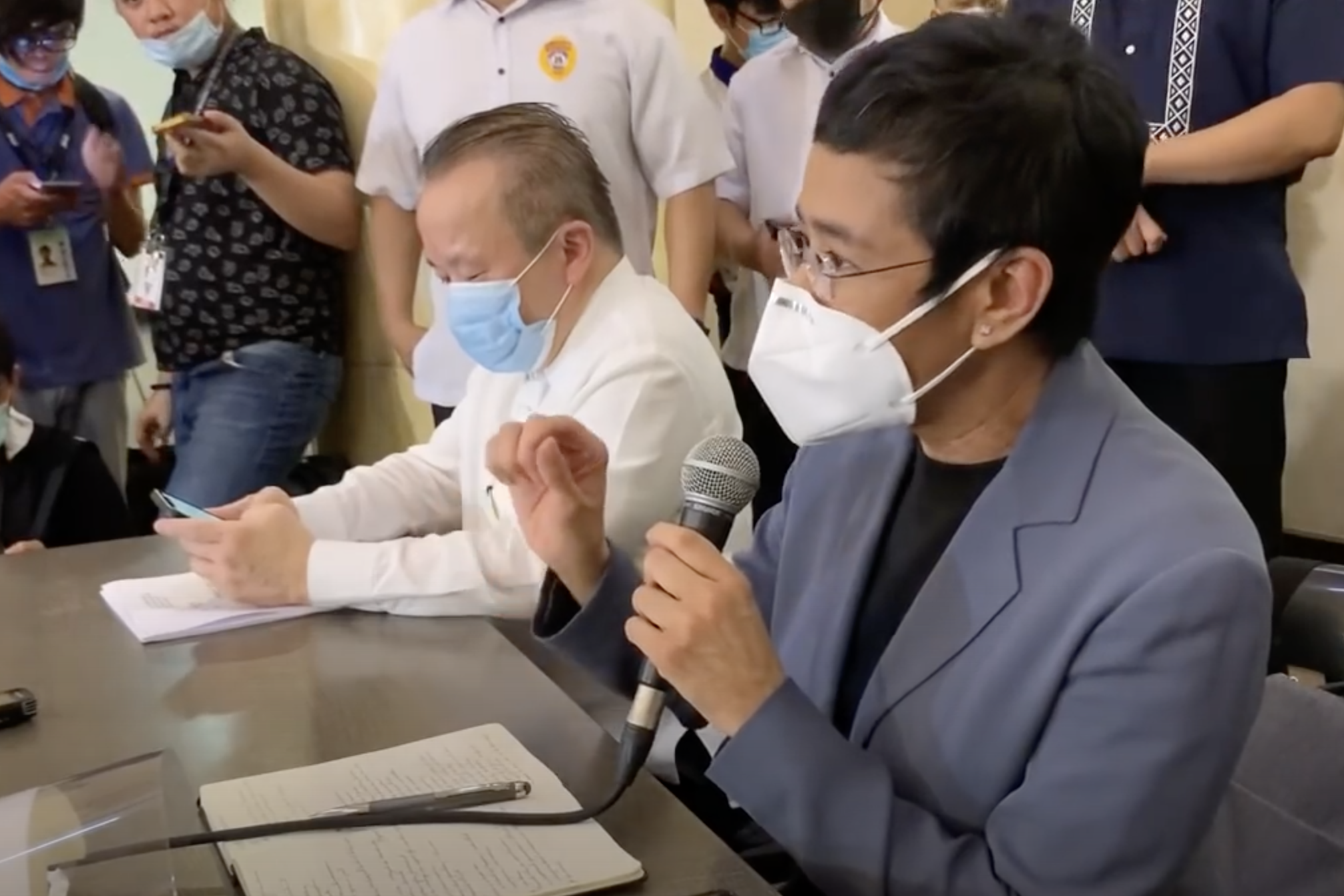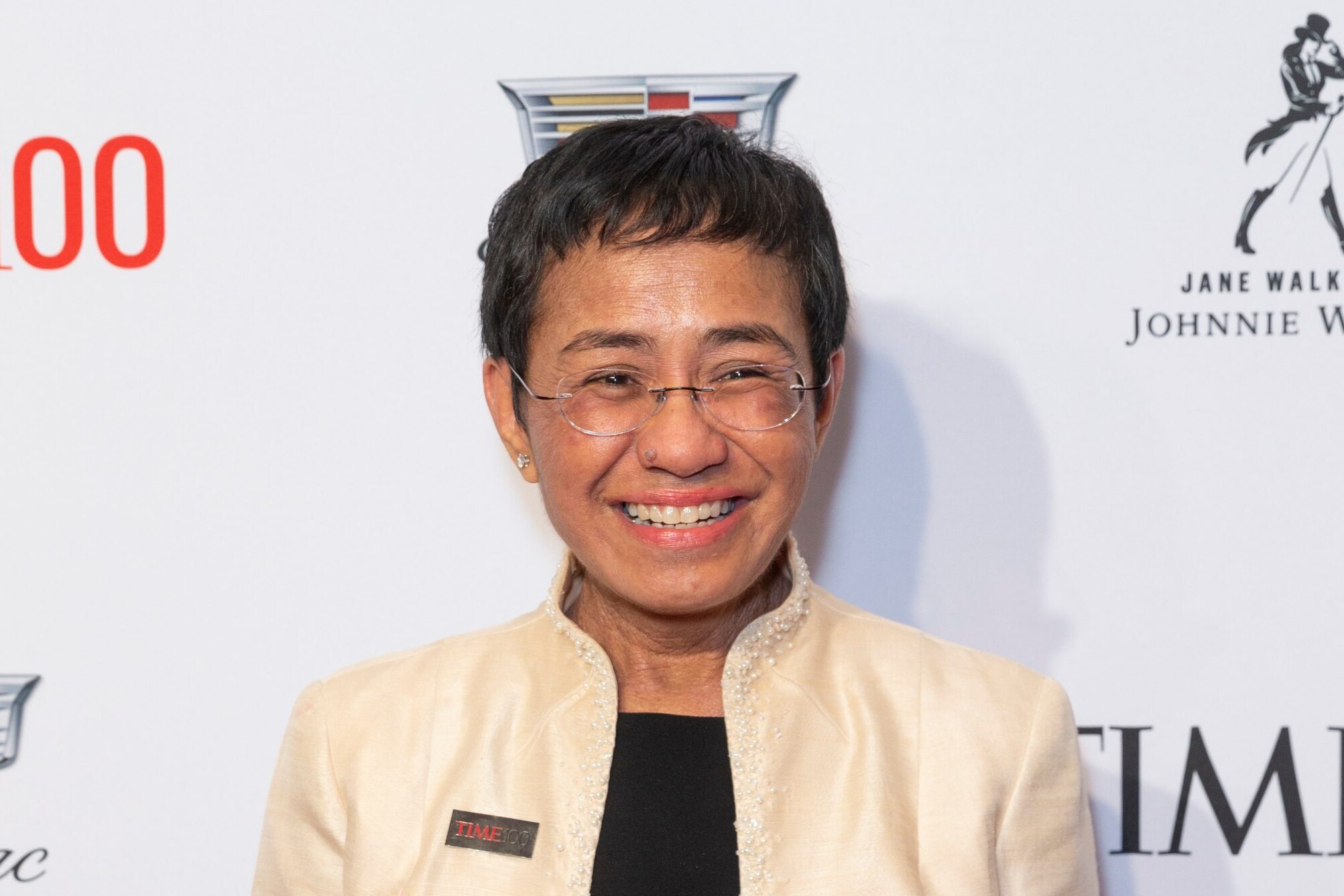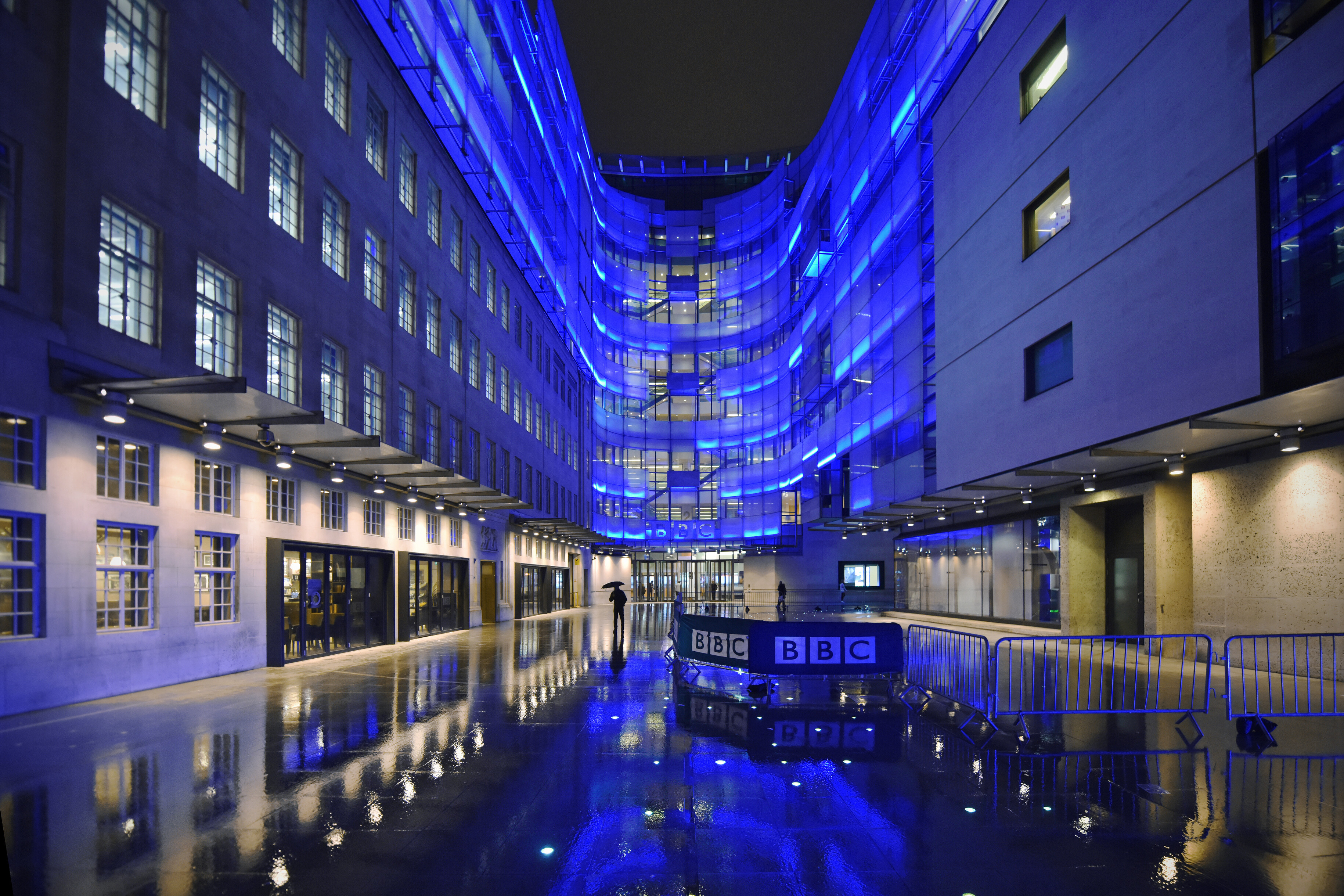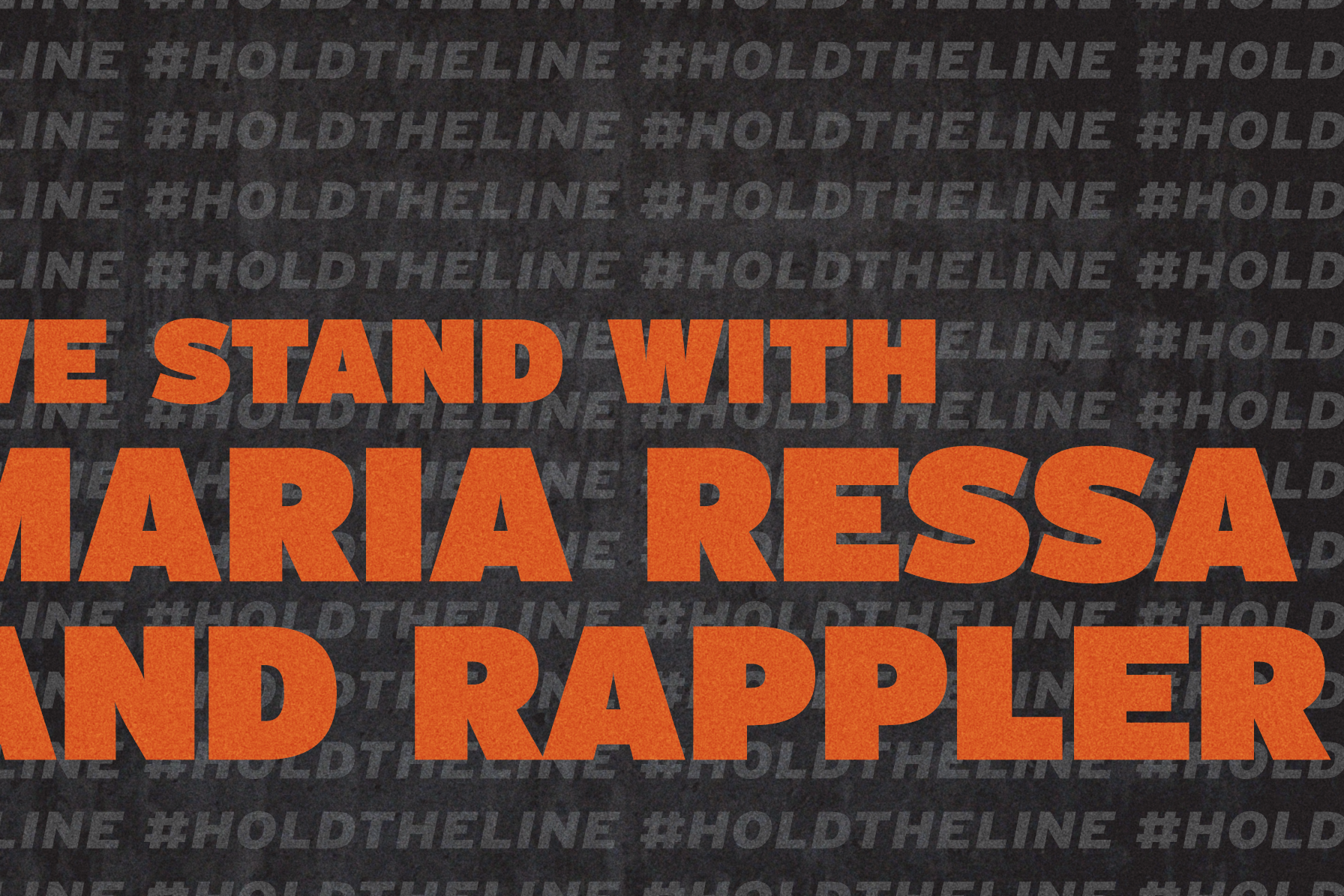Press Release
To mark Human Rights Day, the BBC calls on Iran to end harassment of BBC News Persian staff
10th December 2021
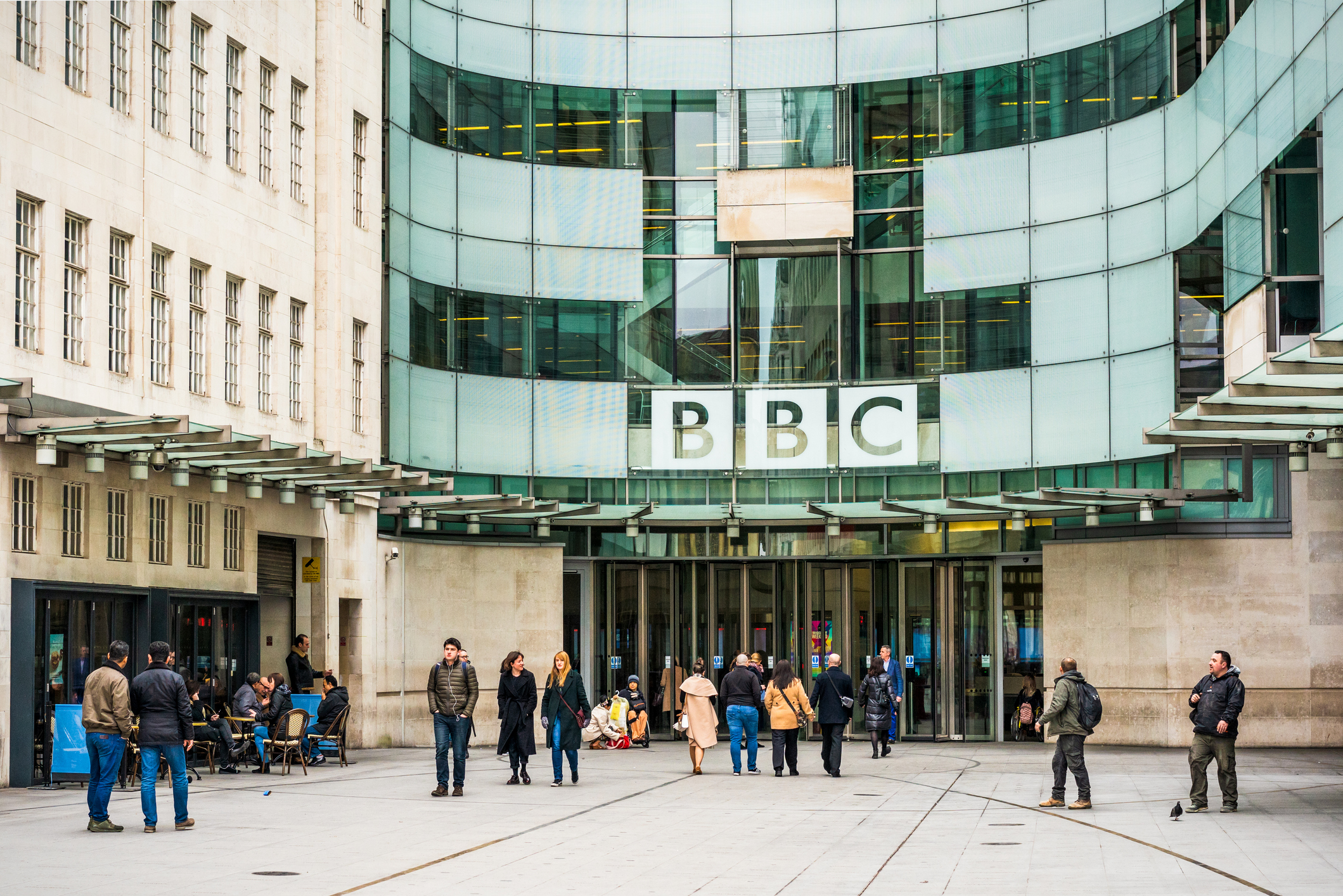
Originally published via The BBC Media Centre
The BBC has today (10 December) marked International Human Rights Day by calling upon Iran to end the escalating cross-border harassment and threats towards BBC News Persian journalists and staff. The call to end the harassment of BBC News Persian journalists comes as the Nobel Peace Prize is awarded to journalists at risk, Maria Ressa and Dmitry Muratov, “for their efforts to safeguard freedom of expression, which is a precondition for democracy and lasting peace.”
For over a decade, Iran has conducted a campaign of harassment and intimidation towards BBC News Persian journalists and their families in Iran. This has included death threats towards BBC journalists and their families in London, an asset freeze, as well as online harassment and gendered attacks on women journalists. Their family members in Iran have been arbitrarily detained, held in degrading conditions, interrogated and ordered to tell their relatives to stop working for the BBC, and faced other forms of discrimination because their relatives work for the BBC.
Read more: Maria Ressa: Charges must be dropped
In the past year, threats against BBC News Persian staff and Persian-speaking journalists outside Iran have escalated. Death threats and threats of extra-territorial harm have been made towards BBC News Persian staff in London, leading to police involvement and protection. Journalists working for other organisations, and others perceived to be critics of the Iranian authorities have been abducted from other countries and returned to Iran, to be imprisoned and (in at least one case) to face the death penalty.
“We call on the international community to take immediate, robust action to ensure Iran is held accountable, and BBC News Persian journalists can report without fear” – Caolifhionn Gallagher and Jennifer Robinson
Liliane Landor, Senior Controller of BBC News International Services and Director of BBC World Service, said:
“It was after the escalation of persecution in 2017, when the Iranian judiciary imposed a freeze on all assets of BBC News Persian staff in Iran, that the BBC initiated its first ever UN complaint in relation to the protection of BBC journalists, and has continued to engage with UN Special Mechanisms since. This asset freeze has served to deprive BBC News Persian staff and their families of property, including their ability to sell or rent assets. The asset freeze serves as a financial sanction and penalty on BBC News Persian staff for doing their journalistic work, and it also sanctions their families.”
Concern has been raised about Iran’s treatment of BBC News Persian by the UN Secretary-General and successive UN Special Rapporteurs. For example, in March 2020, a group of UN experts made a joint statement condemning Iran’s harassment of BBC, raising concern of indications that:
“… the Iranian authorities are prepared to use force extra-territorially, in violation of international law. Harassment, surveillance, death threats against journalists, within and outside domestic boundaries violate international human right law, including the right to physical integrity, the right to life and the right to freedom of expression.”
Caoilfhionn Gallagher QC and Jennifer Robinson (Doughty Street Chambers), Counsel for BBC World Service, said:
“Today marks a historic moment, with the Nobel Peace Prize being awarded to journalists for their work. Our clients from BBC News Persian receive threats of death and violence simply for doing their jobs, and we know from Iran’s past actions that it is willing to take cross-border and deadly action to silence journalists. Many more BBC News Persian journalists are enduring other forms of systematic harassment, including their families being targeted, their assets frozen, and abuse online. We call on the international community to take immediate, robust action to ensure Iran is held accountable, and BBC News Persian journalists can report without fear.
Michelle Stanistreet, NUJ general secretary, said:
“The continuing campaign of harassment against journalists at BBC News Persian and their families by the Iranian authorities is despicable and must stop. It is not only completely unacceptable for them to face such vicious personal intimidation, it is also a direct attack on press freedom. Journalism is not a crime, and journalists must be free to do their jobs. This year the Nobel Prize committee singled out Maria Ressa and Dmitry Muratov for their courage, adding that they were representatives of all journalists, such as those working for BBC News Persian, who stand up for freedom and democracy.”
BBC News Persian reaches a weekly global audience of nearly 22 million people, including around 13 million in Iran. It is part of BBC World Service which delivers news content in English and 41 other language services, on radio, TV and digital. The BBC attracts a weekly global audience of 489 million people to its services available internationally, including BBC World Service, BBC World News television channel, bbc.com/news, BBC Studios and the international charity, BBC Media Action.
Originally published via The BBC Media Centre
Related Posts
11th October 2021
Nobel Prize to journalists highlights value of public interest media
The PMA congratulates Maria Ressa and…
12th February 2021
PMA Statement: China’s ban on BBC broadcasts is cause for deep concern
The Public Media Alliance is deeply…
9th July 2020
#HoldTheLine campaign launched in support of Maria Ressa and independent media in the Philippines
Sixty press freedom groups and civil…
